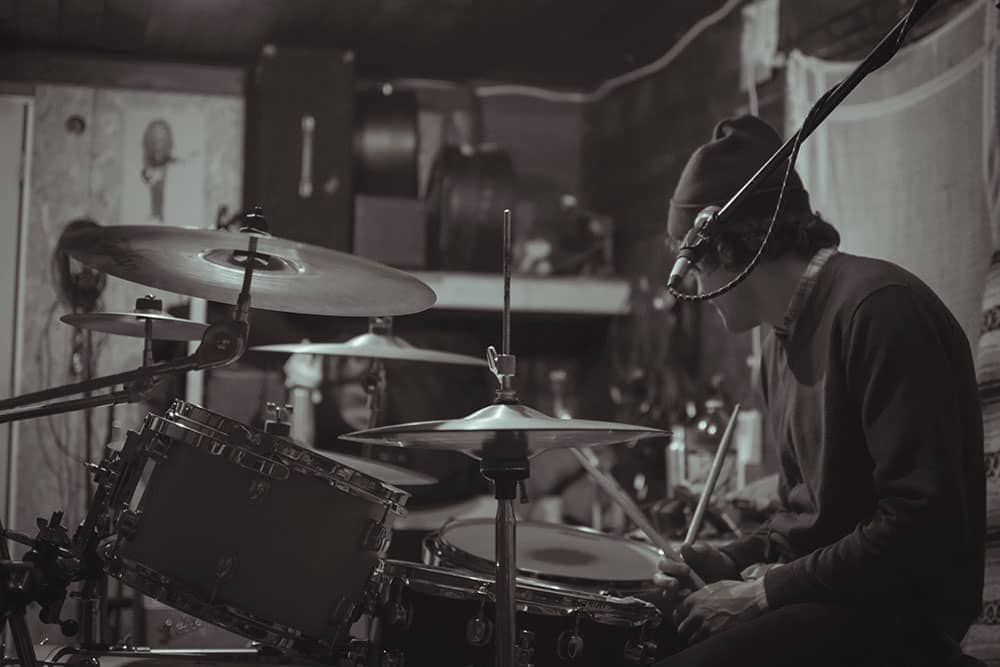How important is a good drummer in a band?
The importance of a good drummer in a band cannot be overstated. They are the rhythmic foundation of the group, providing the steady beat that keeps the music cohesive and dynamic.
A skilled drummer not only maintains consistent timing but also enhances the overall sound with their creativity and energy. They influence the mood and intensity of the music, playing a crucial role in live performances.
Without a competent drummer, a band can easily lose its rhythmic anchor, resulting in a disjointed and less impactful performance.
What are drummers used for?
Drummers serve several key purposes in a band. Firstly, they are responsible for keeping time, ensuring that the music stays on a consistent beat.
They also add texture and color to the music through various rhythms and fills. In live settings, drummers often drive the energy of the performance, creating a connection with the audience through the power and intensity of their playing.
Additionally, drummers often act as the musical glue, helping to bind together the various parts played by other instruments, creating a unified and harmonious sound.
What is the function of the drums in music?
The function of drums in music extends beyond mere rhythm keeping. They are a versatile instrument capable of providing structure, momentum, and emotional depth to a piece.
Drums help to outline the tempo and rhythm of a song, giving other musicians a framework to align their playing. They also play a significant role in creating dynamics within a piece, allowing for shifts in intensity and mood.
Also, drums can add a unique character to music, with different drumming styles and techniques bringing distinct flavors to various genres.

